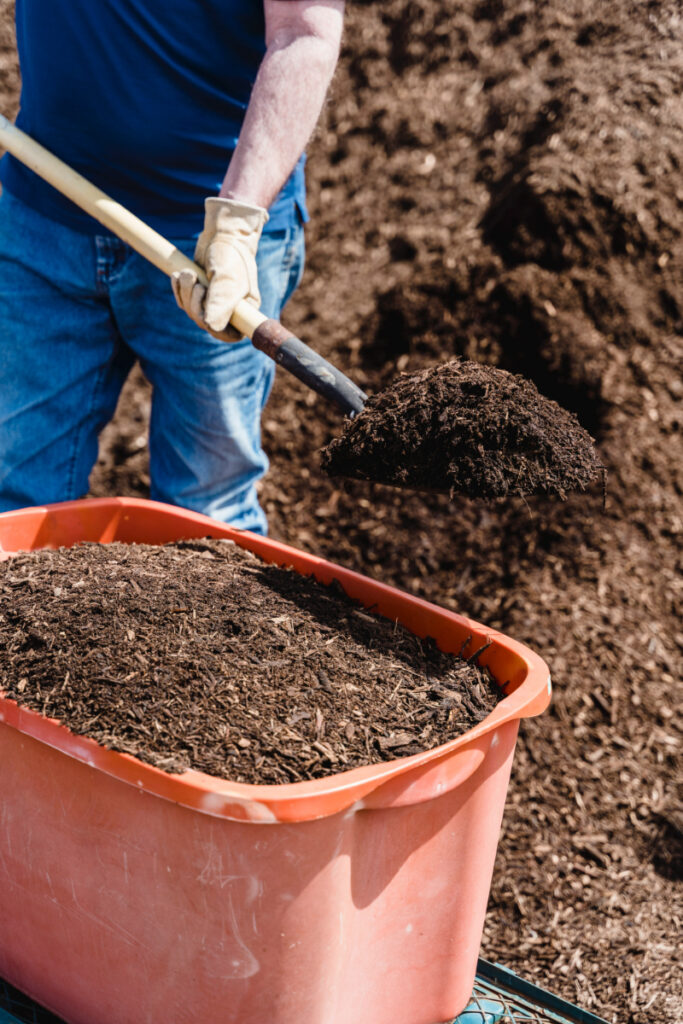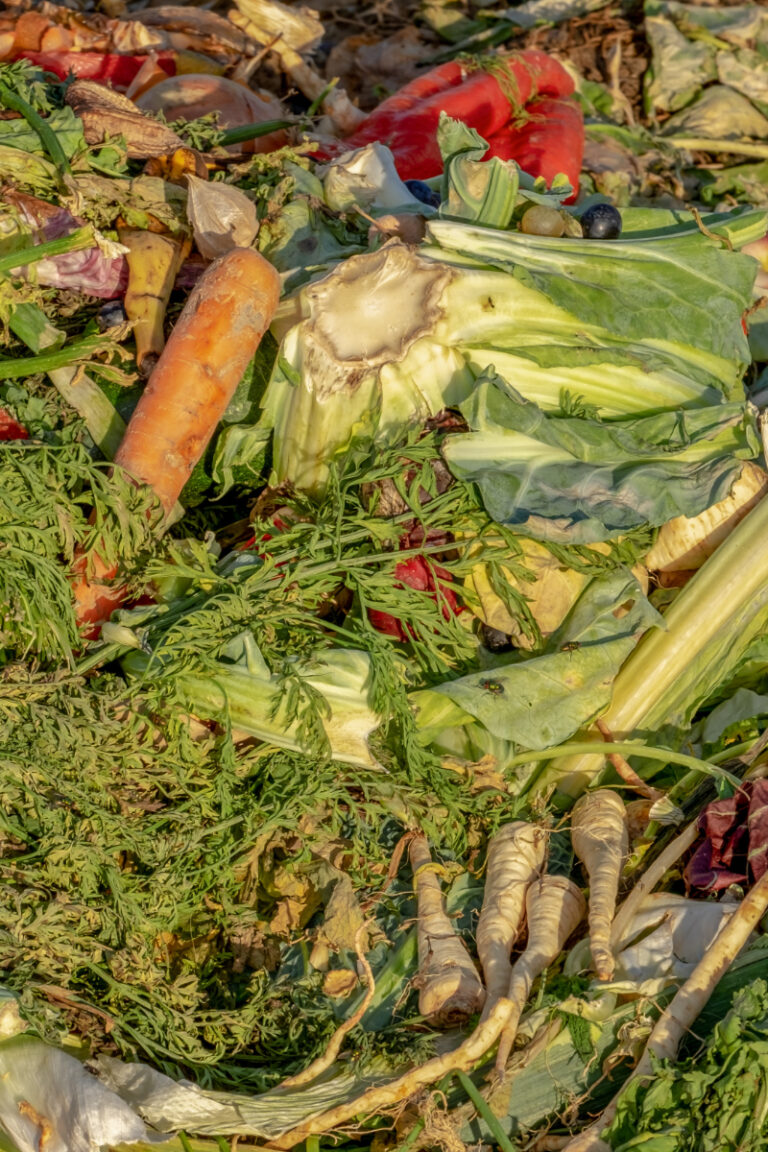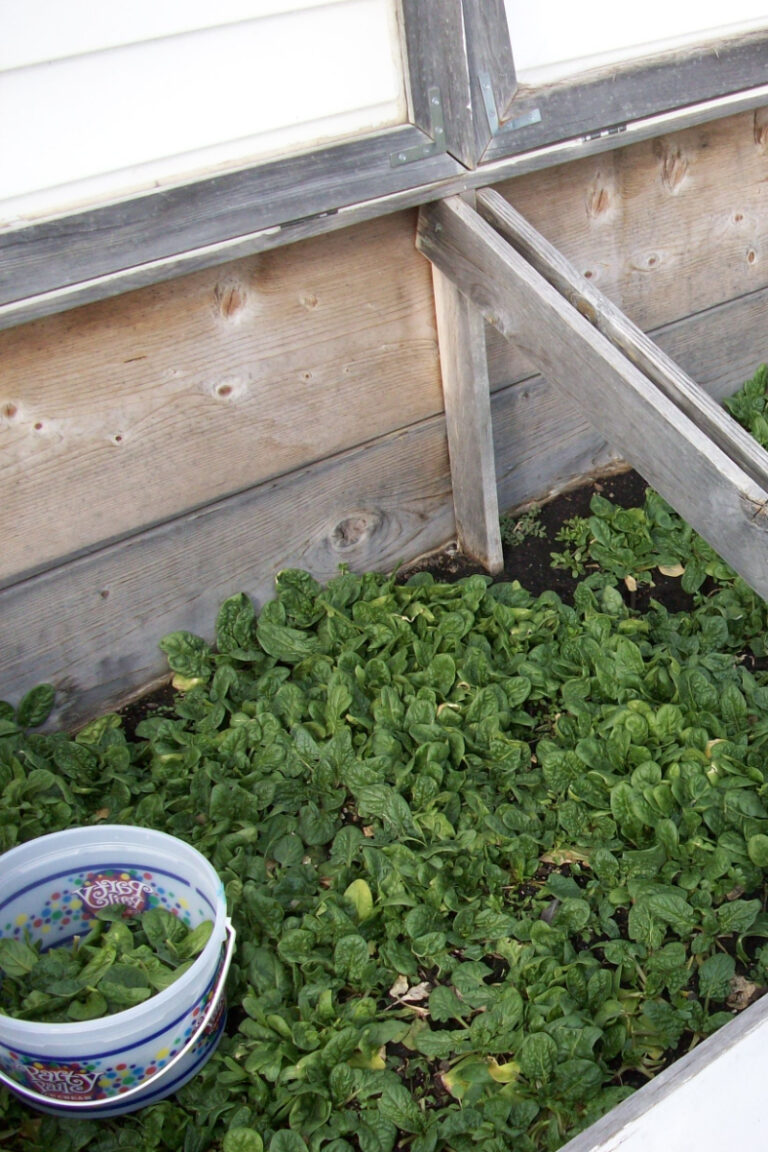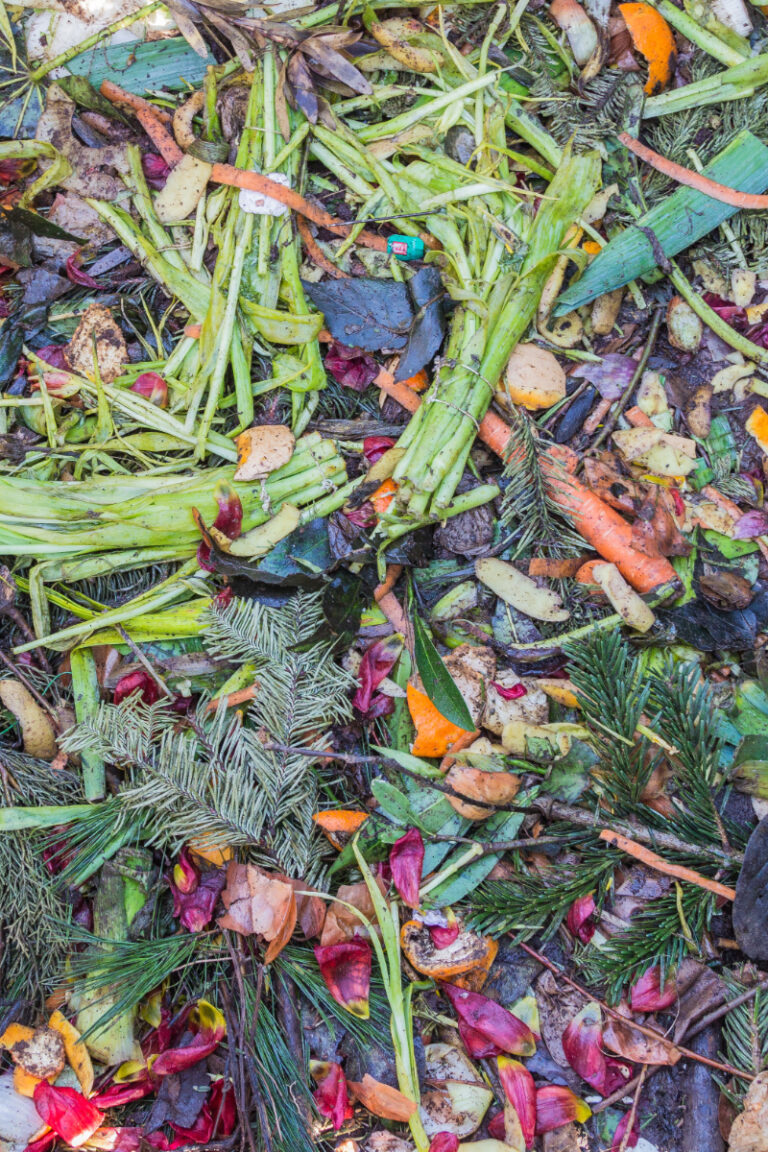Weighing Your Options: How Much Does a Yard of Compost Weigh?
Compost is an essential component of many gardening and agricultural practices. It’s a soil amendment, a fertilizer, and a natural pesticide for the soil. Created from decomposed organic material like food waste and plant trimmings, compost enriches the soil conditions by improving its structure, providing nutrients, and increasing its moisture retention capabilities.
Knowing the weight of a yard of compost is important for several reasons. For instance, when you’re planning a landscaping project or trying to improve your vegetable gardens soil health, knowing the weight of the compost you’re using can help you calculate how much you need. Besides, it’s also crucial for transportation purposes as it helps determine the load that a vehicle can carry safely.
So, how much does a yard of compost weigh??
SPOILER!!! Typically, a cubic yard of compost weighs around 1,200 to 1,600 pounds. But, this can vary depending on a few factors…discussed below.
In the upcoming sections, we’ll dig deeper into the factors affecting compost weight, how to measure it, and why it’s significant for plant growth, gardening or farming activities. Stick around to learn more about this critical aspect of composting and how to improve your soil blend!
Understanding the Weight of a Yard of Compost: Importance, Measurement, and Practical Applications

The Importance of Knowing How Much Does a Yard of Compost Weigh.
Understanding the weight of a yard of compost is more important than you might think. For starters, it aids in proper planning and execution of gardening or farming projects. By knowing the weight, you can calculate the exact amount of compost needed for your garden or farm, avoiding any wastage or shortage.
Moreover, if you’re buying organic compost in bulk, sellers often price their compost per cubic yard. Therefore, knowing how much a yard of compost weighs can help you understand if you’re getting a fair deal.
Transportation is another area where this knowledge comes in handy. If you’re transporting bags of compost, knowing its weight is essential to ensure that your vehicle can safely carry the load. Overloading can lead to serious safety issues and damage to your vehicle.
Finally, knowing the weight of a yard of compost can also be useful for environmental reasons. It can give you an idea of how much organic waste you are diverting from the landfill and turning into a valuable resource for your garden. This can be a great motivation to continue composting and contribute positively to the environment!
Factors that Affect the Weight of Compost
Several factors influence how much a yard of compost weighs, and it’s crucial to understand these to get a more accurate measurement.
First, the type of organic material used in the compost can significantly affect its weight. For instance, compost made primarily from lighter materials like leaves or grass clippings will weigh less than compost made from heavier materials like food or vegetable scraps.
Second, the degree of decomposition also plays a role in determining the weight. Fully decomposed compost tends to be denser and thus, heavier than partially decomposed compost.
Third, the moisture content in the compost is a major factor influencing its weight. Wet compost can weigh significantly more than dry compost. The water adds substantial weight, so it’s important to consider whether your compost is wet or dry when assessing its weight. Depending on the time of year, the amount of moisture can vary wildly, with average weights of compost fluctuating as well due to the amount of water within the compost.
Lastly, the compaction level of the compost can affect its weight as well. Compost that is loosely piled will be lighter than compost that has been packed down tightly.
Average Weight of a Yard of Compost
While the weight of a yard of compost can vary significantly depending on the factors discussed earlier, we can still provide an average figure for reference.
Typically, a cubic yard of compost weighs around 1,200 to 1,600 pounds. This range considers the various types of organic materials you might use and their different stages of decomposition. It also takes into account whether the compost is loose or compacted.
However, remember that this is just an average estimate. The actual weight of your compost could fall outside this range based on factors like moisture content, type of composting materials used, and degree of compaction.
How Moisture Content Impacts the Weight
One of the most significant factors influencing the weight of a yard of compost is its moisture content. Water is substantially heavier than most organic materials, so even a small increase in moisture can lead to a noticeable increase in weight.
In an ideal composting process, the moisture content should be around 40-60%. This is the optimal range for microorganisms to break down organic matter effectively. At this level of moisture, the compost should feel like a wrung-out sponge.
However, if the compost is too wet, it can weigh significantly more. For instance, a cubic yard of overly wet compost could reach weights of up to 2200-2700 lbs. This is because water adds a lot of weight to the compost, and if the compost is saturated with water, it will be much heavier than dry or ideally moist compost.
On the other hand, if the compost is too dry, it can weigh significantly less. Dry compost may not decompose in a natural way and can weigh as little as 600-800 pounds per cubic yard.
It’s also important to note that the moisture content of compost can fluctuate based on weather conditions and watering practices. For instance, compost can become more moist after a rainstorm or if it’s regularly watered.
Understanding the impact of moisture on compost weight is crucial when planning your gardening or farming activities. It helps you make accurate calculations and avoid any issues related to overloading or underutilizing compost.
How to Measure the Weight of a Yard of Compost
Accurately measuring the weight of a yard of compost may seem like a daunting task, but with the right tools and methods, it can be done relatively easily. Here’s a step-by-step guide on how you can do it:
Measure the Volume
The first step is to measure the three-dimensional volume of your compost. As we’re looking for the weight of a yard of compost, you’ll need to measure a cubic yard. This is a three-dimensional cube that measures 3 feet in length, width, and height. You can use a measuring tape to mark these dimensions on your compost pile.
Compost Calculator
You can use the following formula to find out how many cubic yards of compost you have:
Length x Width x Height (all measured in feet) = Cubic Foot of Compost.
Cubic yards of compost = Cubic feet of compost / 27 (there are 27 cubic feet in one cubic yard)
Divide the Compost
Once you’ve marked out a cubic yard, divide this section from the rest of your compost pile.
Weigh the Compost
Next, you’ll need to weigh the compost. This can be tricky as most household scales won’t be able to handle such a large weight. One way to do it is to weigh smaller portions of the compost and add them up.
For example, you could use a bucket to scoop out compost, weigh the bucket with the compost, then subtract the weight of the empty bucket. Repeat this process until you’ve weighed all the compost in your cubic yard.
Account for Moisture
Remember, moisture levels of your compost can significantly affect its weight. If your compost is particularly wet or dry, this will need to be taken into account. If it’s been raining or you’ve recently watered your compost, let it dry out for a few days before weighing it. Conversely, if your compost is very dry, adding some water can give you a more accurate weight.
Calculate the Total Weight
Once you’ve weighed all the compost, add up the weights of the individual portions to get the total weight of your cubic yard of compost
Practical Applications of Knowing Compost Weight
Knowing the weight of a yard of compost can have several practical applications, particularly in gardening and farming. Here are some ways this knowledge can be useful:
Planning Gardening or Farming Projects
When planning a landscaping, gardening, or farming project, knowing the weight of compost is essential. It allows you to accurately calculate how much compost you’ll need based on the size of your garden or farm. This helps prevent overuse or underuse of compost, ensuring that your plants get just the right amount of nutrients.
Purchasing Compost
If you’re buying compost, sellers often price it per cubic yard. Knowing the weight of a yard of compost can help you understand if you’re getting a fair deal. For example, if a seller is offering a yard of compost at a certain price, but you know that the compost is particularly light due to being dry or made from lightweight materials, you might decide to negotiate a better price.
Transporting Compost
If you’re transporting compost, whether in your own vehicle or by hiring a transportation service, knowing its weight is crucial for safety reasons. Overloading a vehicle can lead to accidents or damage the vehicle. By knowing the weight of your compost, you can ensure that the load is within the vehicle’s carrying capacity.
Environmental Impact
Composting is a great way to reduce the amount of organic waste that ends up in landfills. By knowing the weight of your compost, you can calculate how much waste you’re diverting from the landfill. This can serve as a strong motivator to continue composting and contribute positively to the environment.
Commercial Compost Business
If you run a composting business, understanding the weight of your bulk compost is crucial. It can help you price your product accurately, plan deliveries, and manage inventory effectively.
Do you need a small truck or full size pickups with an extended bed?! This decision is vital to get your business off the ground.
Conclusion
Understanding the weight of a yard of compost is crucial for various reasons, from practical everyday gardening applications to more significant environmental and business implications. The weight of compost can vary significantly depending on various factors such as the type of organic material, the level of decomposition, the moisture content, and the degree of compaction.
Typically, an average yard of compost weighs between 1,200 and 1,600 pounds. However, this is a broad average, and the actual weight can be considerably lighter or heavier depending on the factors mentioned above.
Moisture content, in particular, plays a significant role in influencing the weight of compost. A yard of overly wet compost can weigh up to 2,000 pounds or more, while a yard of very dry compost can weigh as little as 600-800 pounds.
Measuring the weight of your compost may seem like a daunting task, but with the right approach, it’s quite manageable. You can divide the compost pile into smaller portions and weigh each individually to get a rough estimate of the total weight.
Knowing the weight of your compost has several practical applications. It can help you plan your gardening or farming projects more accurately, negotiate a fair price when purchasing compost, and ensure safe transportation. If you run a composting business, understanding the weight of your compost is essential for pricing your product, planning deliveries, and managing inventory.






